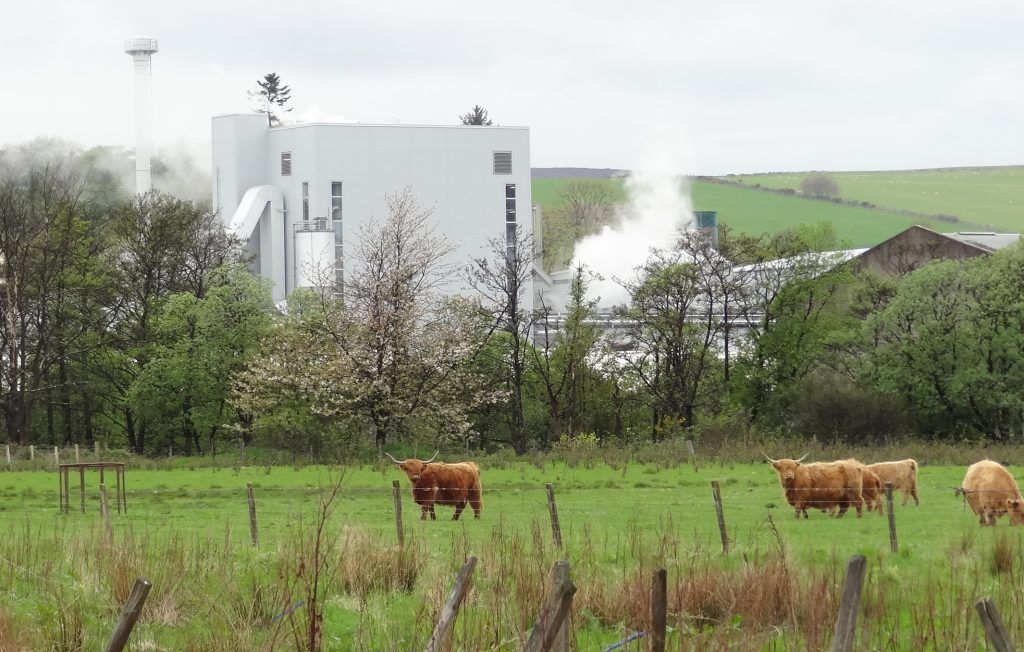The highlands of Scotland are known for their stunning beauty, excellent fly fishing and, of course, world-class whisky. Now something else is brewing in the misty mountains glens.
In the wee hamlet of Rothes, northwest of Aberdeen, a Danish biorefinery is producing energy by utilising 115,000 tonnes of waste products from local whisky distilleries – the so-called ‘mask’ .
The biorefinery is one of 20 that the north Jutland company Aalborg Energie Technik has delivered to clients abroad.
“Each refinery has been adapted to the given local conditions,” Hans Erik Askou, the head of Aalborg Energie Technik, told the Danish confederation for industry, Dansk Industri (DI).
“In Scotland’s case, the mask has to be dried before it can be incinerated, which is why we have delivered a plant for drying that uses the surplus heat from the energy production.”
READ MORE: Denmark looking into building North Sea wind energy island
Billions on the go
Aside from the refinery in Scotland, the company has delivered refineries to nations such as France, England, Italy, Austria and Germany – the nation where the company first began hedging its bets abroad. In fact, it has only set up two refineries in Denmark: in Randers and Rønne.
And Aalborg Energie Technik is far from being the only Danish company exporting bioenergy. In total, 1,200 Danish companies are working completely or partially within bioenergy – a sector with a turnover of 25 billion kroner. The industry generates 11,500 jobs and exports worth 8 billion kroner a year.
“There is a tendency to forget bioenergy when discussing the green transition,” said Troels Ranis, the head of branding with DI Energi, which DI Bioenergy is part of.















